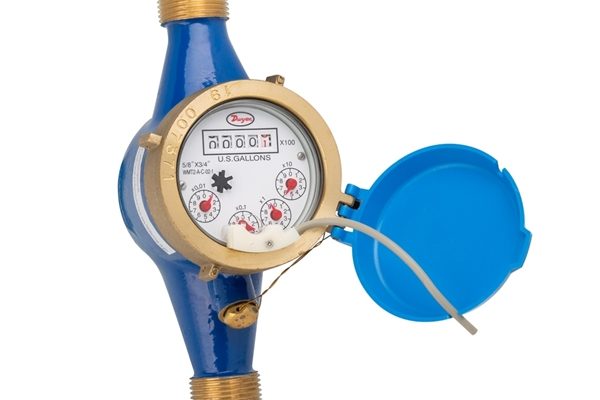There are several factors to consider before you decide to subscribe for water services. Here you will find information on tariffs charged by water service providers, the regulatory agencies that oversee the water service industry, and the types of services available. The costs of water services may also be discussed. However, it is important to keep in mind the type of service you need. You should also be aware of how many water services you will need. Here is some basic information on water services.
Tariffs charged by water service providers
Water tariff levels are difficult to monitor globally because of the sheer number of service providers. For example, urban areas in the United States have more than 4,000 water utility companies, whereas cities in Germany have over 1,200. In addition, few countries maintain national databases or have specialized water regulatory agencies. Also, many utilities charge higher rates for industrial and commercial customers than they do for residential customers, often cross-subsidising one another to increase their revenue.
In Uganda, the National Water and Sewerage Corporation set the tariffs for residential water service in 1995, when it held a monopoly on the provision of the service. Water tariffs included minor maintenance costs, depreciation and capital costs, and social equity. Residential consumers had two payment options: metered and unmetered connections. Both types of connections had different prices, but the former were more expensive. Listed below are the two most common tariff types.
Regulatory agencies that regulate water service providers
Regulatory agencies that regulate water service providers operate under considerable constraints set by national regulators. The Drinking Water Inspectorate is one such agency. Another water regulator is the Consumer Council for Water. The latter focuses on consumer issues and investigates any complaints that are not resolved. Ofwat and the Environment Agency are also empowered to issue sanctions and terminate appointments. Similar measures have been taken by rail regulators against privatized railway assets.
Usually, public water utilities are regulated by state public utility commissions. However, some states have elected to regulate private water utilities through state commissions. Regulatory agencies may be regional, national, or local, depending on the types of services and activities the agencies regulate. In Maine, a separate agency is dedicated to public service providers. There are different types of public utility commissions that regulate the same services, depending on whether the public utility is publicly owned or privately run.

Types of water services
Water services are provided by government, cooperatives, private companies, and individual households. Water service providers fall into one of four basic categories: public, private, or community. Most are classified as utilities by the Environmental Protection Agency (EPA). Public water systems connect at least 25 households. Community water systems are publicly owned and often provide services to the entire city or county. The fees associated with each service vary, but the fees generally fall between $5 and $19 per thousand gallons.
Regulatory and operational aspects of water services are separate processes that are important for both the community and the water authority. Urban water utilities are typically responsible for the planning and implementation of water management practices. WRMPs are public records and should help ensure a balanced supply and demand. Water quality regulations are another key responsibility of water utilities. Both are essential to the health and economic development of a community. These types of water services help ensure that a community has access to water in times of shortage or extreme weather conditions.
Costs of providing water services
There are many different costs associated with water services. The ability of a water utility to provide these services depends on the financial characteristics of a particular community. The financial capabilities of a community’s water utility are reflected in the rates it can charge for operations and maintenance of its infrastructure and facilities. The ability of a community to finance water services will also be a factor, because some municipalities do not have the financial resources to provide water services.
Capital investments for water infrastructure have declined precipitously, leaving utilities with limited funds to finance replacements, repairs and new facilities. With such low investments, many cities have turned to Full Cost Recovery as a way to ensure their utilities are fully funded and can capture all water service costs through customer bills. This means that residents and businesses pay a higher rate for water services, but this also creates an environment of financial risk. Further, this type of funding also creates an environment for a large number of environmental problems.



